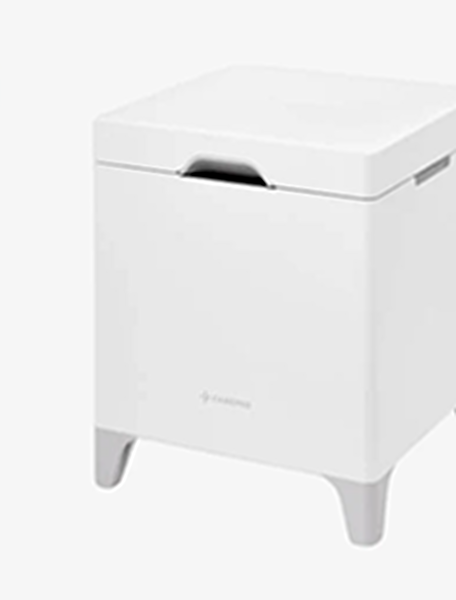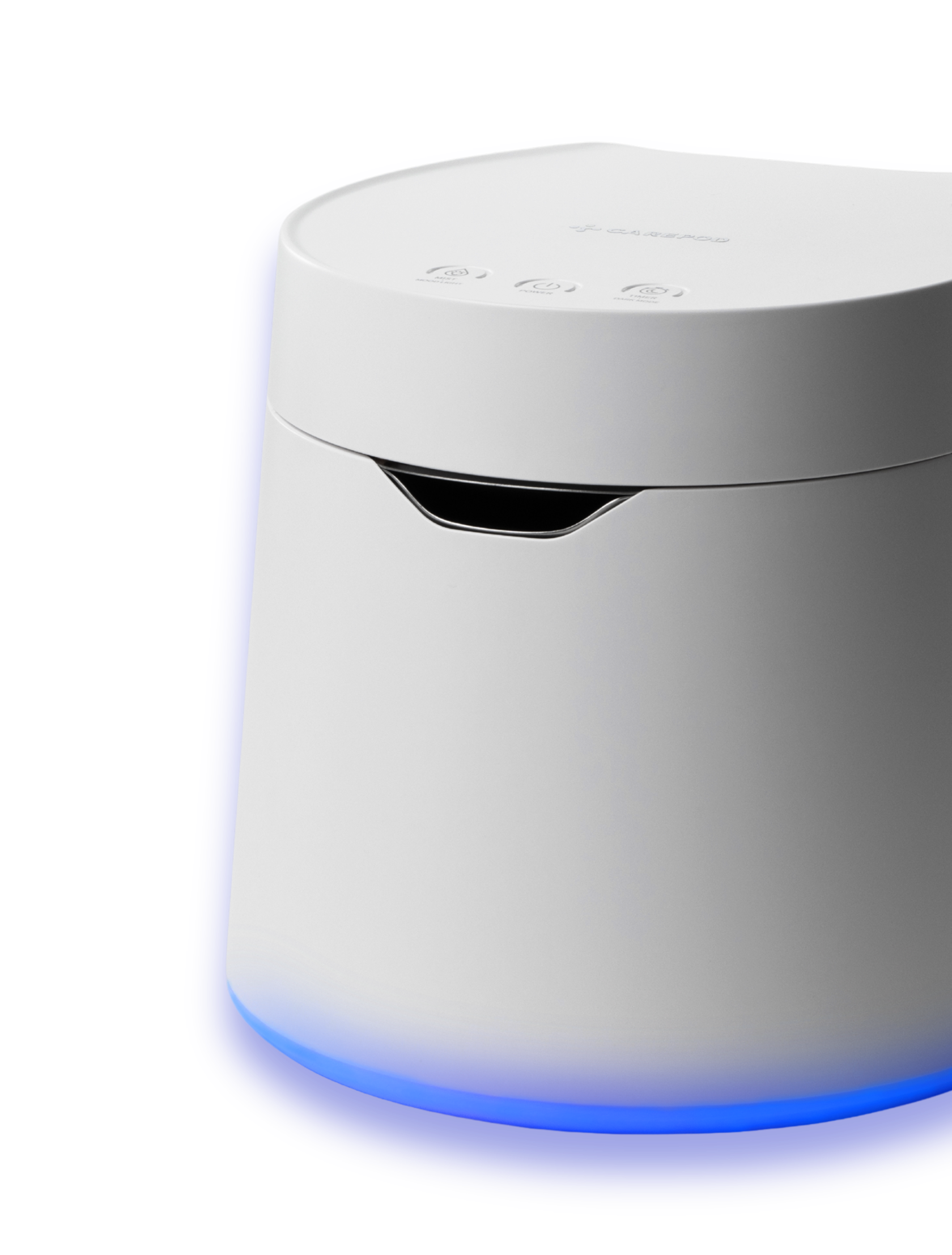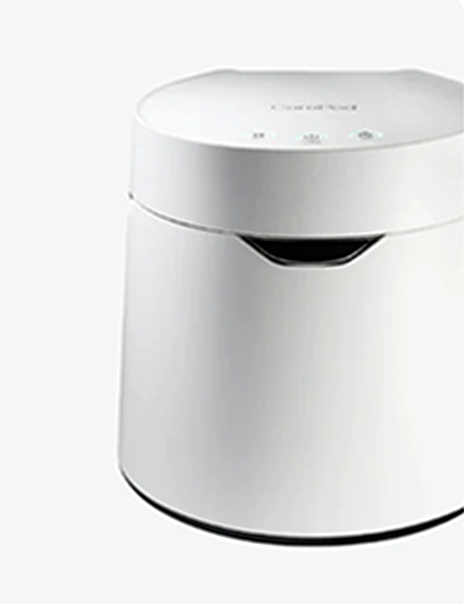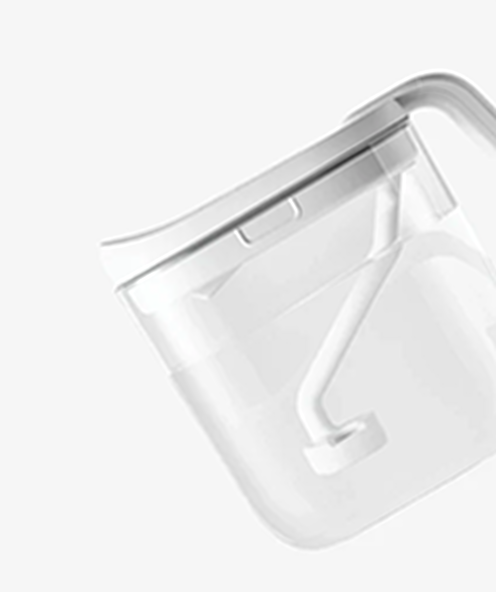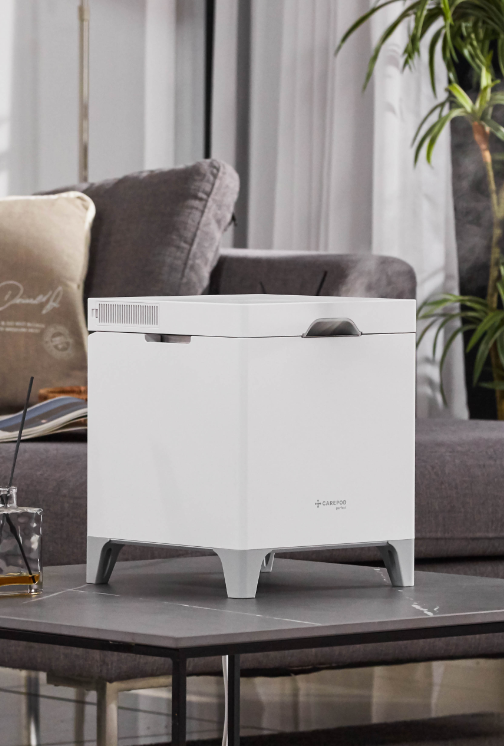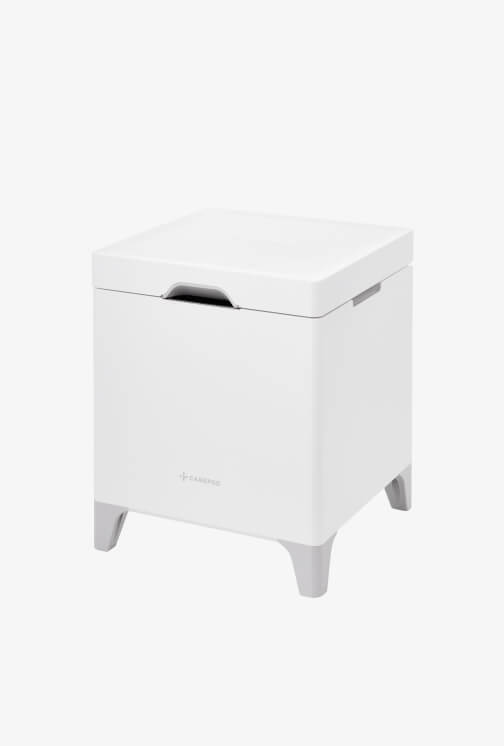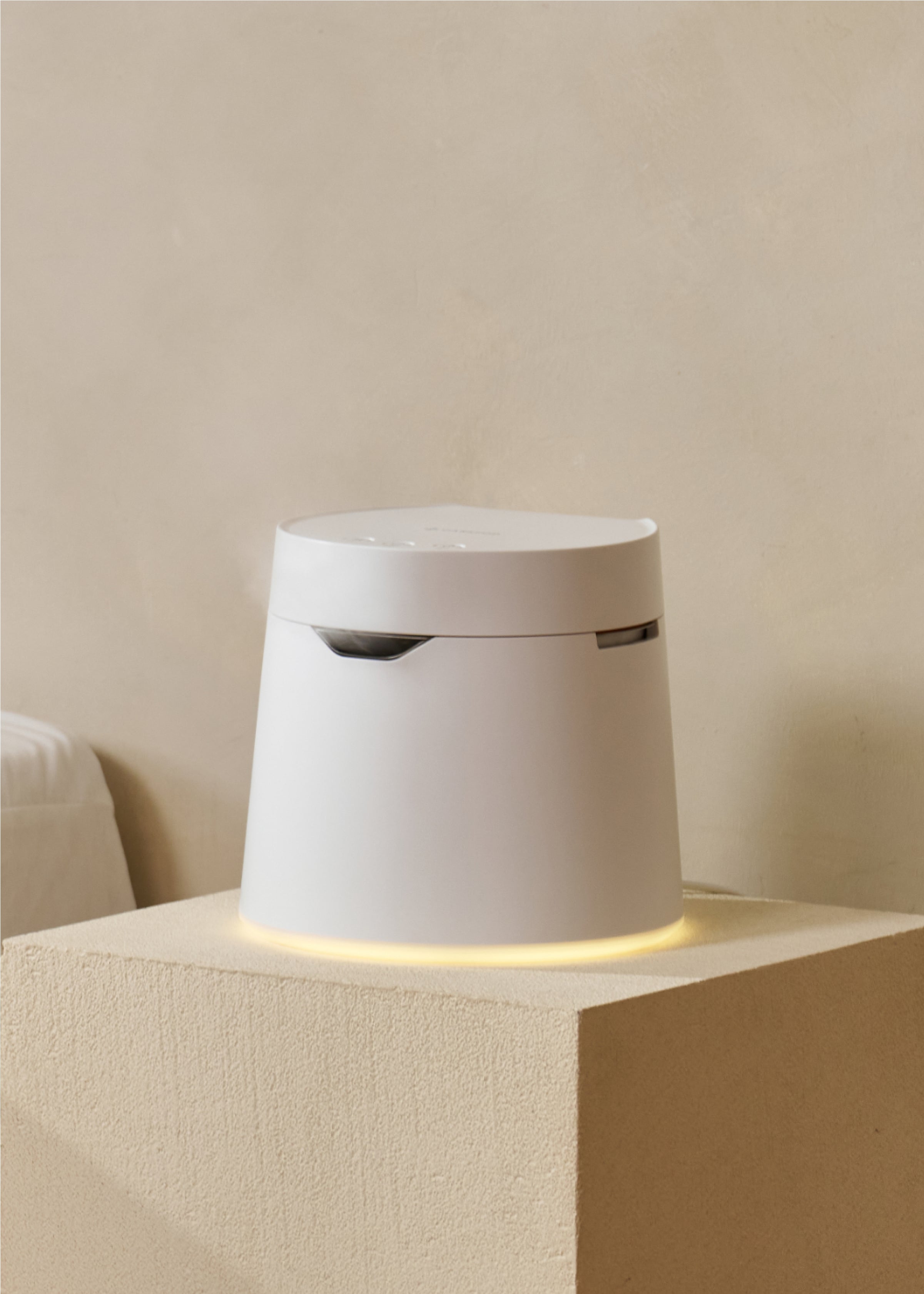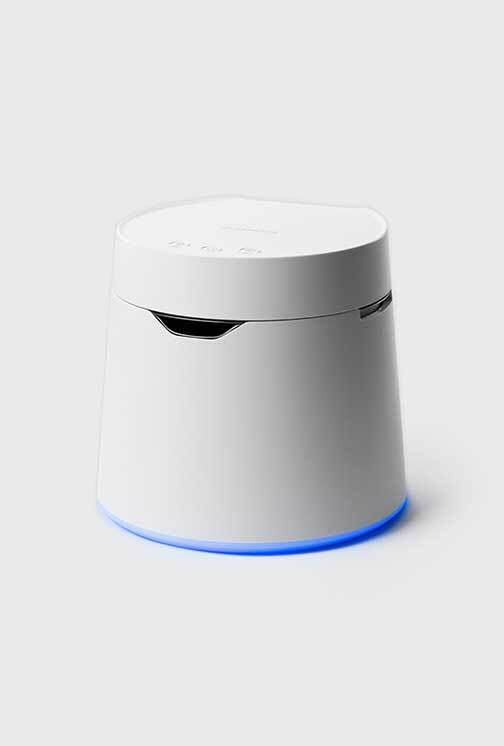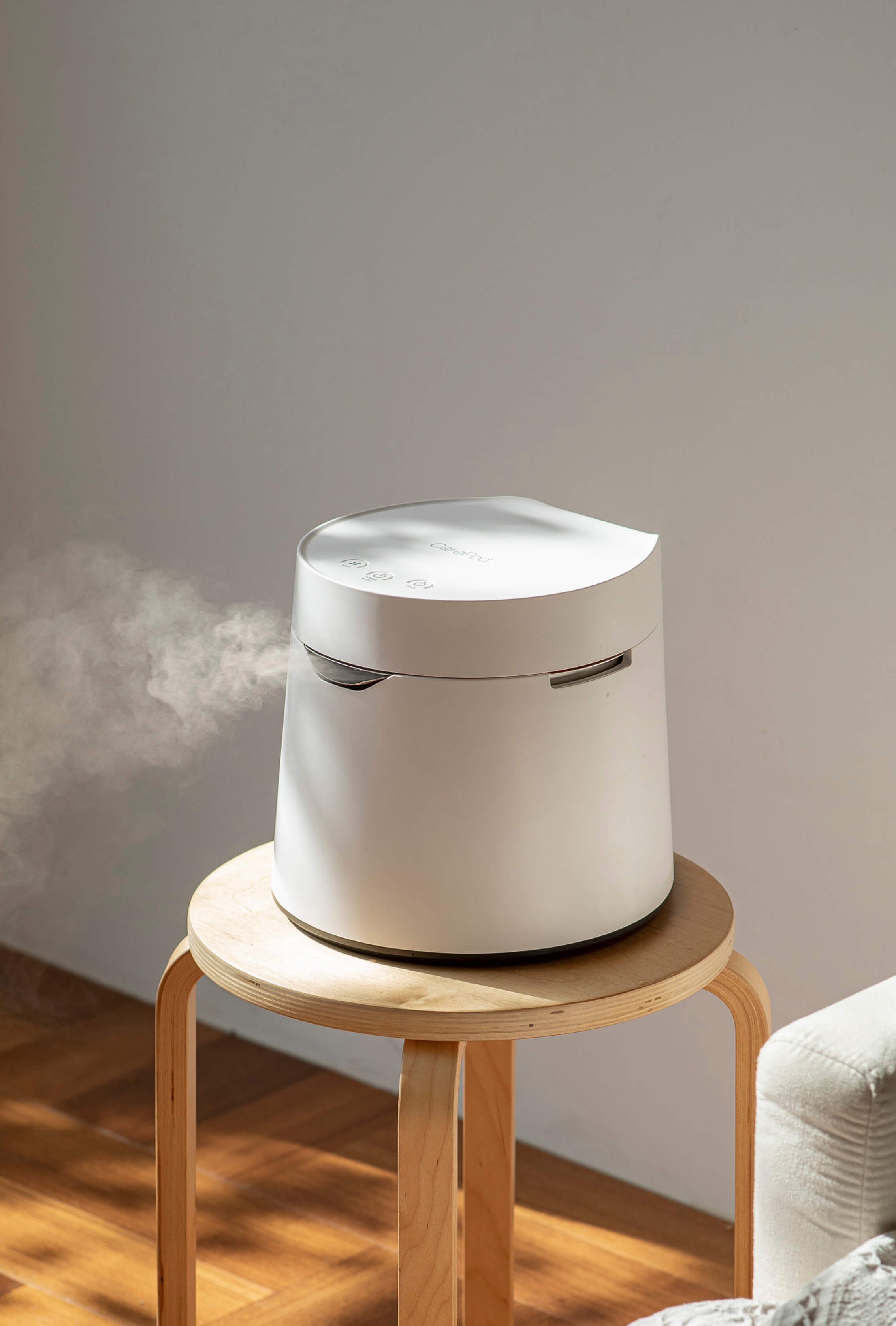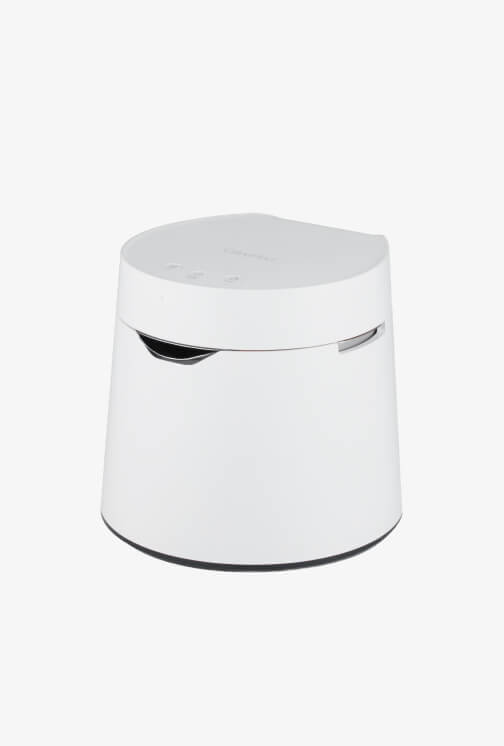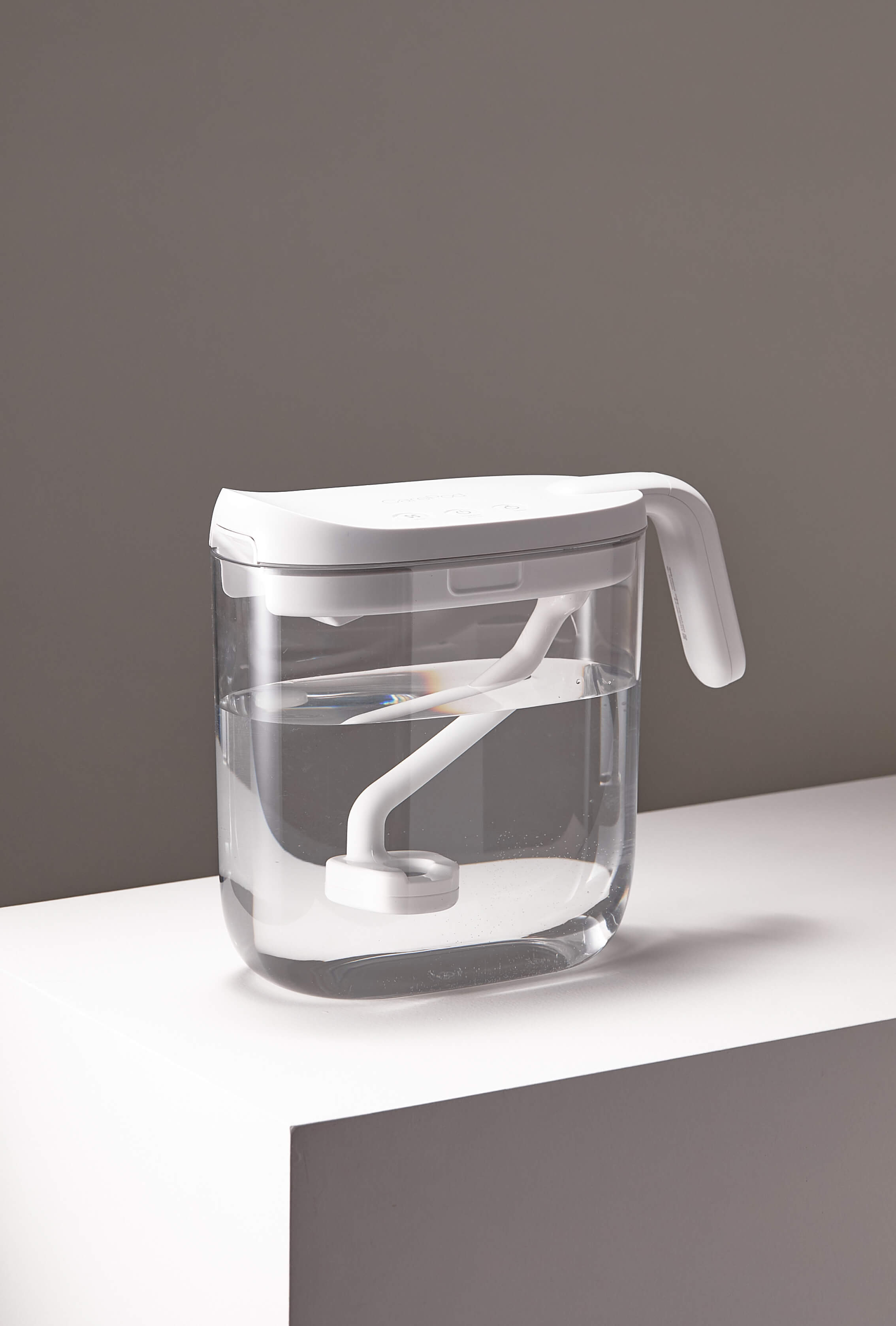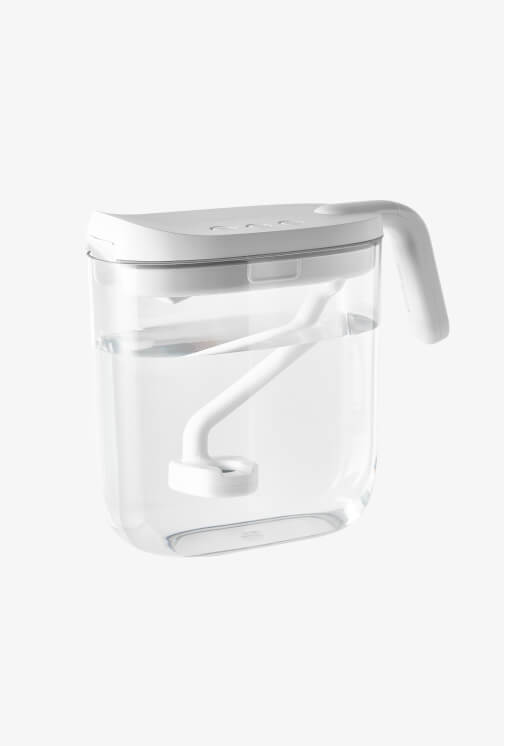Are Humidifiers Good For Babies?

Creating a healthy and cozy environment for your baby is every parent’s top priority.
From picking out the softest blankets to choosing the perfect crib, there’s a lot that goes into ensuring your little one’s comfort.
But there’s one nursery essential you might be missing: a humidifier.
Maintaining the right humidity level in your child’s room can make a huge difference in their health and happiness as they grow. It helps prevent common issues like dry skin and stuffy noses, creating a more comfortable environment for their everyday activities and rest.
In this article, we’ll discuss 5 benefits of having a humidifier in your baby’s nursery, along with tips to ensure that it’s safe and comfortable for your little one.
Improving Sleep
A comfortable sleep environment is essential for every baby’s growth and development, but getting your baby to sleep through the night can be one of a parent’s toughest challenges.
There can be many factors stopping your baby from getting a good night’s sleep. One that you may not have considered is a dry environment. Dry air can irritate nasal passages and cause discomfort, leading to frequent wake-ups and difficulty breathing during the night.
By adding the right amount of moisture to the air, a humidifier keeps your baby’s nasal passages clear and their skin hydrated. This ensures they stay comfortable in bed and helps promote a more restful sleep (for them and you).
Additionally, the gentle hum of a humidifier can even serve as a soothing white noise, masking disruptive sounds and creating a more peaceful sleep environment.

Preventing Dry Skin
Babies have delicate skin that can easily become dry and irritated. This can lead to discomfort, itchiness, and even more serious conditions such as eczema and rashes.
But keeping your baby’s skin moisturized isn’t just about applying lotions and creams.
Introducing a humidifier can help hydrate your baby from the outside in. The right level of humidity allows your baby’s skin to retain its natural moisture more effectively, preventing dryness and flakiness.
Environments with dry air can compromise the skin’s natural barrier, making your baby’s already-sensitive skin even more prone to irritation and dermatological conditions. A well-humidified environment protects their skin, keeping it strong and able to defend against irritants and infections.
Preventing Illnesses
Maintaining a healthy environment in your child’s room is crucial, especially during cold and flu season. Especially because dry air can make it easier for viruses to thrive.
When the air lacks moisture, it can dry out the mucous membranes in your baby’s nose and throat — the body’s first line of defense against pathogens. Maintaining the right level of humidity helps keep these mucous membranes moist and better equipped to fight off viruses and bacteria.
Studies have also shown that some airborne virus particles survive longer in dry air, making it easier for illnesses to spread.
A well-humidified environment helps to remove these particles from the air, creating a safer, healthier space for you and your baby to breathe.

Relieving Cough and Congestion
As the cold season hits, your baby may start coughing more and showing signs of congestion. Dry air can exacerbate these symptoms, making it take longer to recover.
A humidifier can provide relief by helping soothe their irritated throat and nasal passages. Humidified air makes it easier for your baby to breathe, reduces coughing, and can even ease the pain of a sore throat. The added humidity also helps loosen mucus, allowing them to clear up congestion much more easily.
By mitigating these pesky symptoms, a humidifier can help your baby feel more comfortable as they rest and recover.
Preventing Bloody Noses
Dry air is a common culprit behind bloody noses. Environments with low humidity tend to dry out the delicate lining inside of the nasal cavity which causes tissues inside the nose to dry out and crack, increasing the risk of bleeding.
Young children, with their especially sensitive nasal passages, are even more vulnerable to these effects.
By emitting a gentle stream of moist air, a humidifier helps preserve the natural hydration of nasal tissues. This prevents the dryness that might otherwise lead to cracking and bleeding.
Plus, keeping an optimal level of humidity not only reduces bloody noses, but also alleviates other nasal discomforts and supports overall respiratory health.

Humidifier Tips For Babies
When it comes to choosing and setting up the right humidifier for your baby’s nursery, safety and health mean everything. Here are a few tips and important things to know:
-
Opt For Cool Mist: Cool mist humidifiers are the safest option for households with babies or young children. Unlike warm mist vaporizers, which boil water to create steam, cool mist humidifiers don’t pose a burn risk.
-
Ultrasonic Humidifiers Are Quieter: The gentle, whisper-like operation of an ultrasonic humidifier allows your baby to sleep peacefully through the night. Evaporative humidifiers, on the other hand, can get much noisier due to their internal fan mechanisms.
-
Use Filtered or Distilled Water: When possible, fill your humidifier with filtered or distilled water. It’s free from the minerals and impurities that tap water contains, ensuring that the air your baby breathes is as clean and fresh as possible.
-
Monitor Humidity Levels: Be sure to keep humidity levels between 30% and 50%, as the EPA recommends. This balance ensures a safe and healthy environment for your little one.
-
Choose A Hygienic Humidifier: Not all humidifiers are built the same — it’s best to go for models that are easy to clean and designed with health and safety in mind. Look for features such as dishwasher-safe components, mold-resistant materials, and simple disassembly.
-
Regular Cleaning Is Essential: Mold and bacteria can grow in dirty humidifiers, which may be harmful to your baby’s health. Establishing a routine cleaning schedule prevents these hazards and can even extend the life of your humidifier.
-
Doctors Recommend Carepod: Carepod One — the world’s simplest and cleanest humidifier — is a great choice for your baby’s room. Featuring cool-mist, ultrasonic technology and made with a premium grade stainless steel interior, its innovative 3-piece design is remarkably easy to take apart and clean, allowing for industry-leading 99.9% sterilizability.
